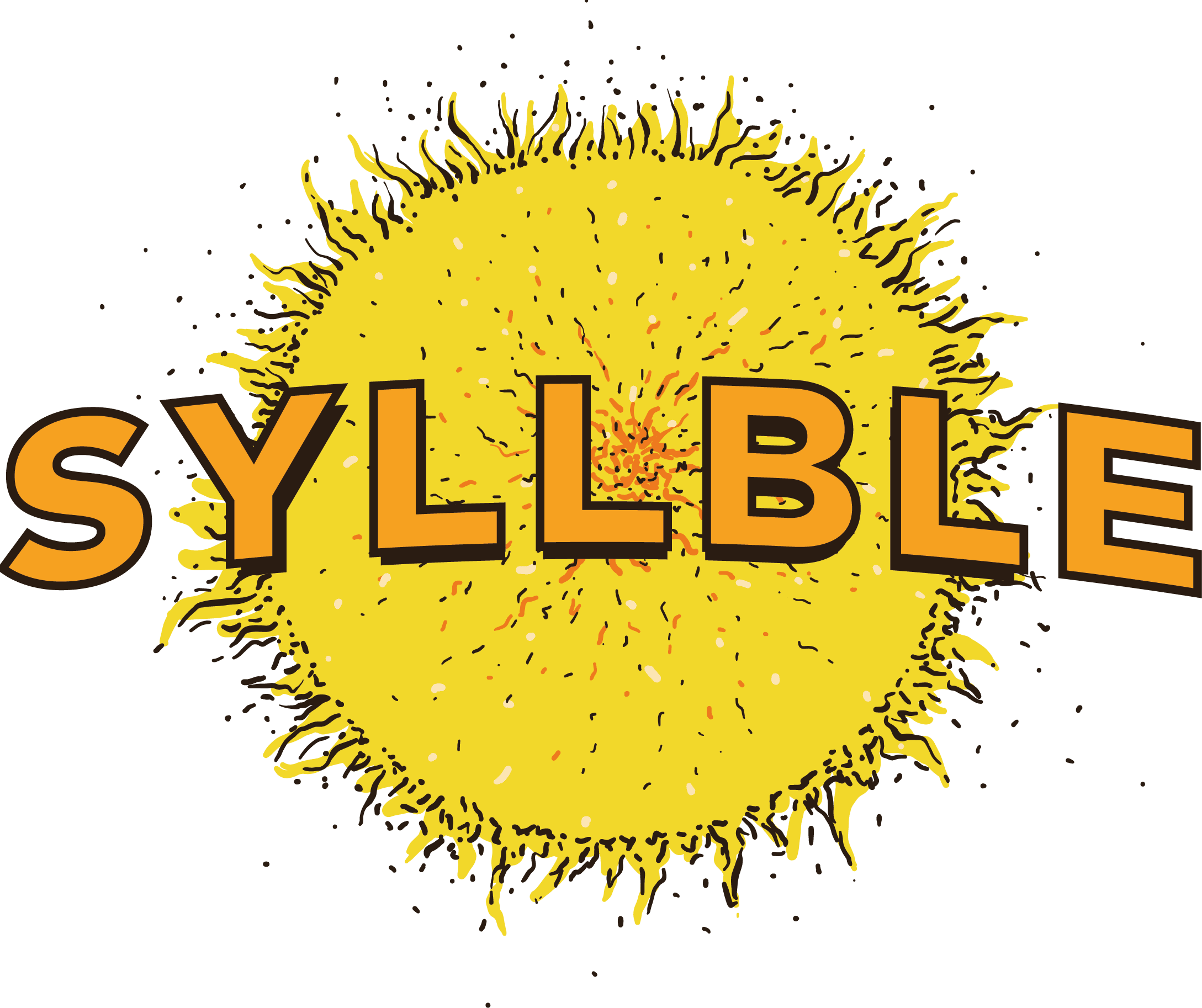Review by Tim Malachy:
Optimist Cleaver’s Last Transmission By: J.C. Hsyu // The Magazine of Fantasy and Science Fiction (Nov/Dec 2022)
Though the tropes are familiar – 80s style gritty cyberpunk set in a near-future dystopia – J.C.Hsyu introduces a fresh new angle referencing Taiwanese mafia imagery in her novelette Optimist Cleaver’s Last Transmission that I really enjoyed.
I spent nearly 20 years in Taiwan as a journalist and educator and wrote several non-fiction stories on the Taiwanese mob – I even got to know the White Wolf, the godfather of the island’s most notorious gang, the Bamboo Union – and I found Hsyu’s invocation of these elements really fun.
The story opens up with Optimist Cleaver, a bike courier in a post-apocalyptic Los Angeles (called New Angeles), arriving at a pickup location late – a cardinal sin in her profession – and instead of meeting her colleague, she finds a spray of blood on an underpass column and a tag of a bloody cleaver – her own sign.
The colleague, Pugilist, was nowhere to be seen, and Optimist knows this is a message to her.
The courier service Optimist – nicknamed “Tim” by her boss, a hyperactive Korean-American dispatcher Kipeum – works for does something fairly unclear involving local transmission of data from point to point across the abandoned freeways of New Angeles, but its dangerous and techy.
She sets off on her mBike across the abandoned freeways of New Angeles to find out what happened to Pugilist and who sent the message, while trying to stay alive and keep her job.
Suspicion quickly falls on a mysterious character from her past in Taiwan – “Er Ge” – who was once her benefactor and friend and now is hunting her for unknown reasons.
The novelette invokes Taiwan in ways obvious and subtle – the helmet Optimist wears is named “SYM” – which might be taken for a cyberpunky techno thing, but actually references one of Taiwan’s leading motorcycle makers, SanYang Motors (SYM) – I rode a 125cc SYM motorscooter there for a decade.
The name, Er-Ge, and her deceased benefactor, Da Ge, are Chinese mafia titles. “Da Ge” means Big Brother and is equivalent to Godfather. “Er” means “two”, and Er Ge refers to the second in command. Who gets the rights to be called Da Ge forms a central part of the narrative.
Her gang in Taiwan is called Tien Dao – this reference was particularly cool for me as it means “Heavenly Way”, an actual umbrella group of local Taiwanese mobs that formed in the wake of the invasion of mainland Chinese triads at the end of the Chinese Civil War in 1949 (this story is steeped in Taiwan history!).
I also really enjoyed the New Angeles dystopia, having spent some time during the pandemic driving Uber along these streets, I could totally imagine it. Interestingly, the invocation of Los Angeles continues the Taiwanese theme as the city is a major focus for emigration from the island.
The story is very milieu driven and has lots of fun characters, ranging from the nonbinary Pugilist, their lover the African-Italian exchange student Tarantella, the very amusing dispatcher of Ppalli Ppalli Couriers, Kipeum. The dialogue is effective and rings true.
The story lacks tension, however. We find out early on that her enemy is Er Ge, and so we lose the suspense. It rolls along breezily enough but sometimes so effortlessly that major plot points seem to flash by with little notice.
Still, it is a great ride and I enjoyed it thoroughly. You might want to read it with a translation app, however, to get the full depth of the milieu.

